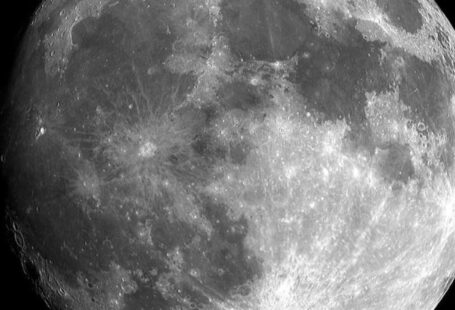Artificial Intelligence (AI) has made remarkable advancements in recent years, surpassing human capabilities in various domains. With the rapid pace of AI development, it is natural to question whether AI could potentially overpower human intelligence in the future. This article explores the possibilities and implications of such a scenario.
The Evolution of AI
AI has come a long way since its inception. From simple rule-based systems to advanced machine learning algorithms, AI has made significant strides in emulating human cognitive abilities. With the advent of deep learning and neural networks, AI systems have become capable of complex tasks such as image recognition, natural language processing, and even playing complex games like chess and Go.
AI vs. Human Intelligence
While AI has demonstrated superior performance in specific domains, it still lacks the broad general intelligence of humans. Human intelligence is characterized by adaptability, creativity, and emotional awareness, which AI systems struggle to replicate. Despite this, AI has the potential to surpass human intelligence in certain areas due to its ability to process vast amounts of data quickly and learn from it.
Superintelligence and its Implications
Superintelligence refers to an AI system that surpasses human intelligence across all domains. If such a system were to be developed, it could have profound implications for humanity. Some experts argue that superintelligence could lead to technological singularity, a hypothetical point where AI surpasses human control and accelerates its own development, potentially causing unforeseen consequences.
The Risks of Superintelligence
One of the significant concerns regarding superintelligence is its potential for autonomous decision-making. If an AI system becomes more intelligent than humans, it could make decisions that are not aligned with human values or even act against humanity’s interests. This could result in unintended harm or loss of control over critical systems, such as military defense or global financial markets.
Ethical Considerations
The development and deployment of AI systems should be guided by ethical considerations to prevent unintended consequences. Ensuring transparency, accountability, and human oversight in AI decision-making processes is crucial. Additionally, the potential impact of AI on employment and socioeconomic inequalities should be carefully addressed to minimize disruption and ensure a fair and equitable future.
Collaboration between AI and Humans
Rather than viewing AI as a threat, it is essential to recognize its potential for collaboration with humans. AI can augment human capabilities and assist in solving complex problems. By leveraging AI’s computational power and efficiency, humans can focus on higher-level tasks such as creativity, innovation, and critical thinking. This symbiotic relationship between AI and humans could lead to unprecedented progress and advancements in various fields.
Limitations of AI
While AI has made significant advancements, it still has limitations. AI systems are highly dependent on data and require extensive training to perform tasks accurately. They lack common sense reasoning and struggle with understanding context and ambiguity. Additionally, AI systems can be vulnerable to biases present in the data they are trained on, leading to potential ethical issues in decision-making.
The Importance of Ethical AI Development
To mitigate the risks associated with AI overpowering humans, it is crucial to prioritize ethical development practices. This includes incorporating fairness, transparency, and accountability into AI algorithms and systems. Ensuring AI systems are aligned with human values and respecting privacy and security concerns are also vital considerations.
The Future of AI and Humanity
As AI continues to evolve, it is unclear whether it will ever surpass the comprehensive intelligence exhibited by humans. However, it is crucial to proactively address the potential risks and ethical implications associated with the development of superintelligent AI systems. By fostering collaboration between AI and humans and ensuring ethical practices, we can harness the power of AI while safeguarding humanity’s interests.
In conclusion, while AI has made remarkable advancements, the possibility of AI overpowering humans remains uncertain. The development of superintelligent AI systems raises valid concerns about unintended consequences and loss of control. However, by prioritizing ethical considerations, fostering collaboration between AI and humans, and addressing the limitations of AI, we can navigate the future of AI development responsibly and ensure a harmonious relationship between AI and humanity.





